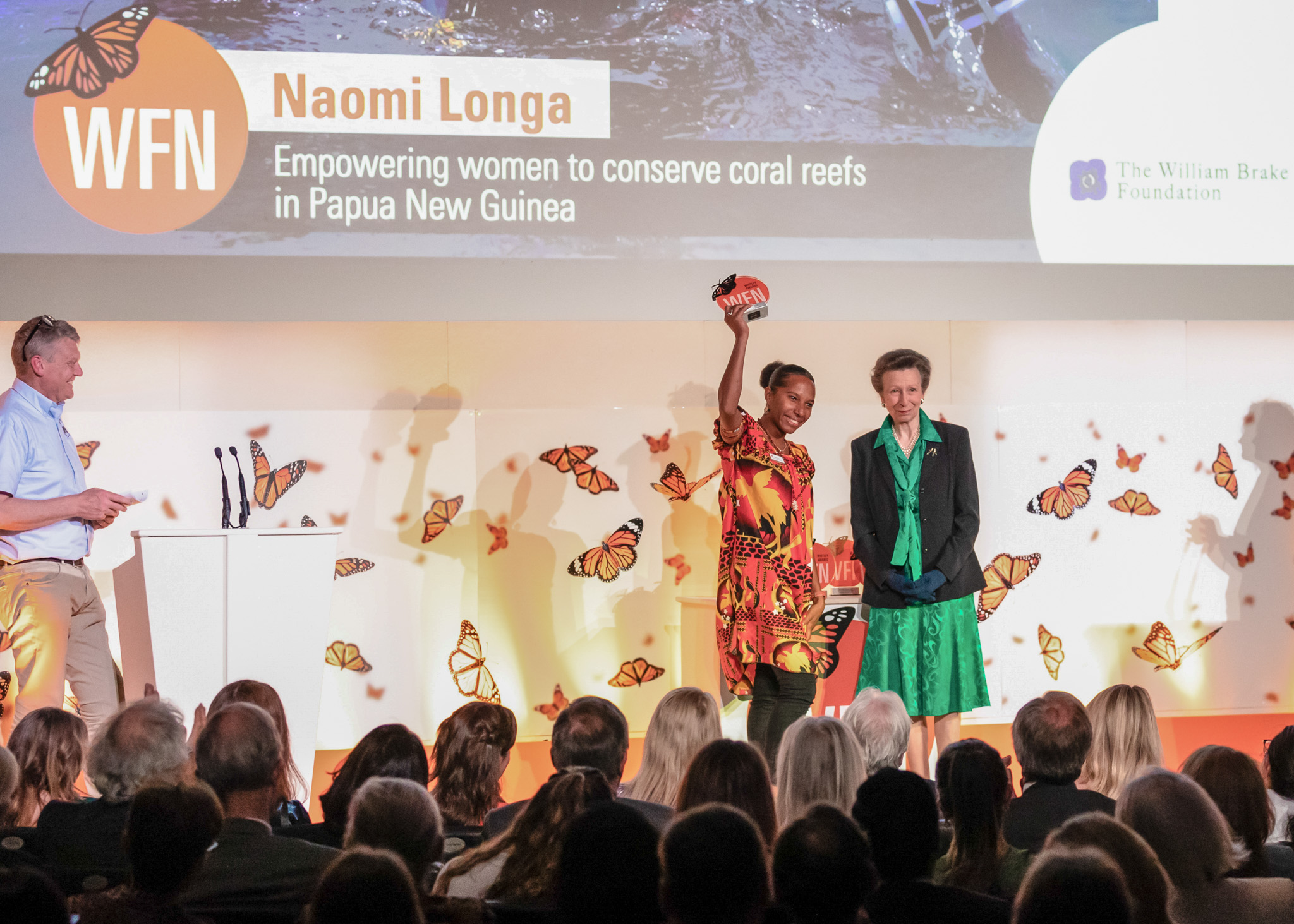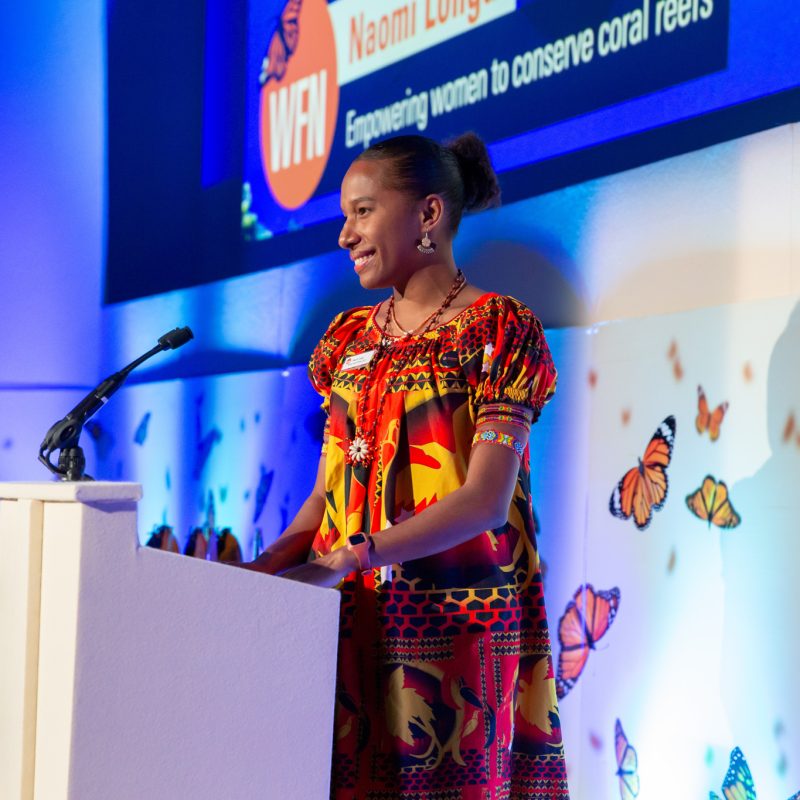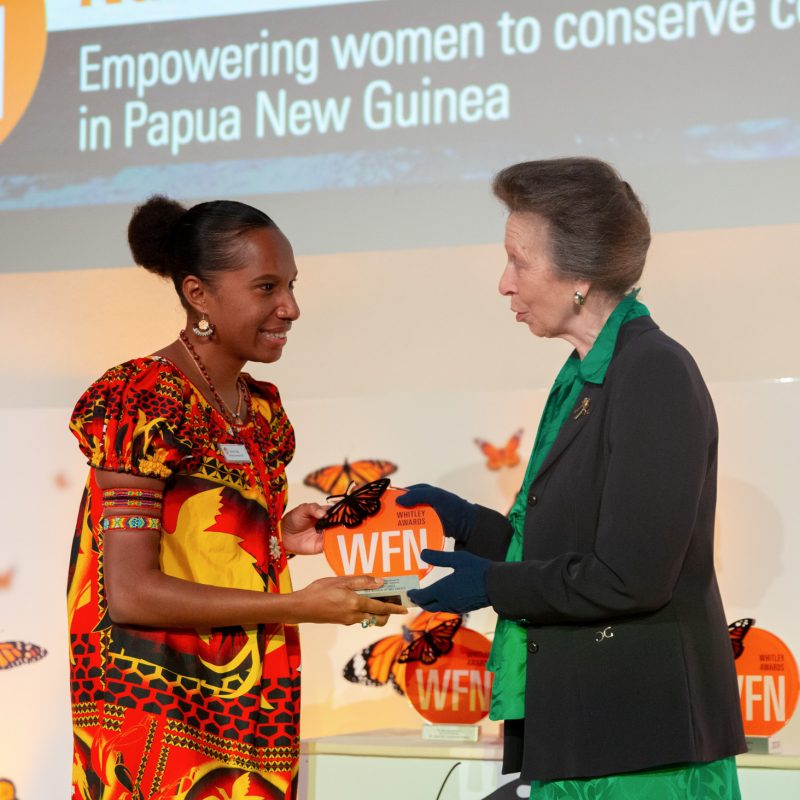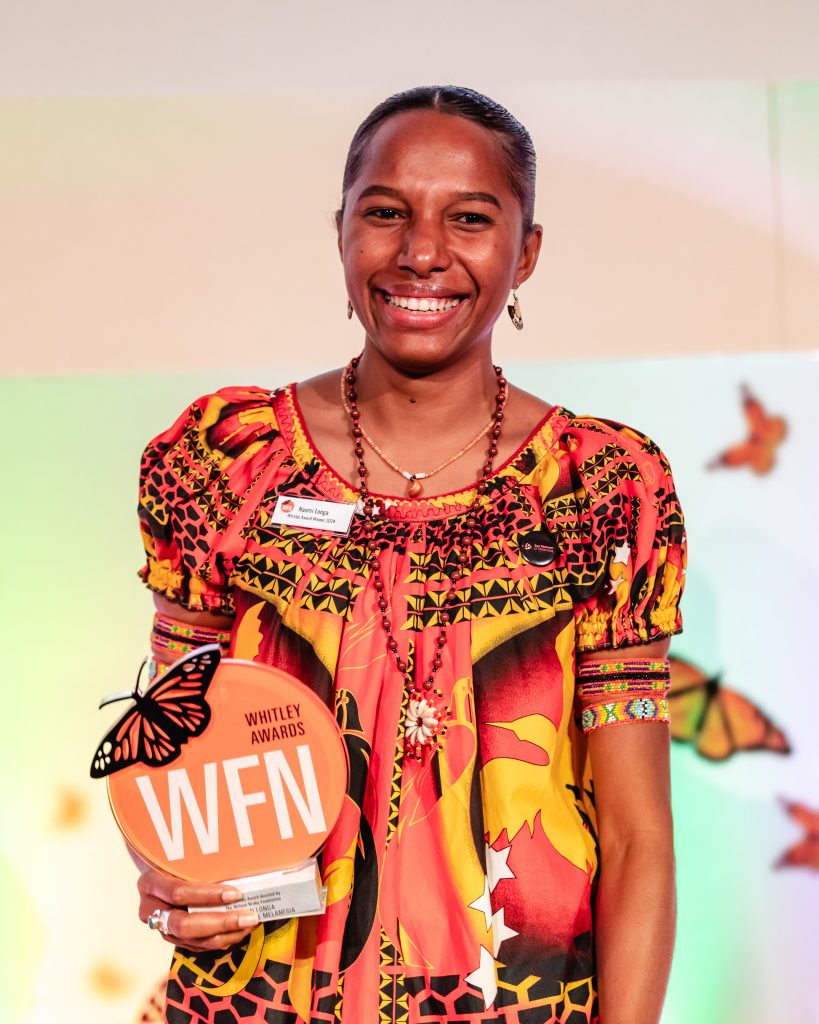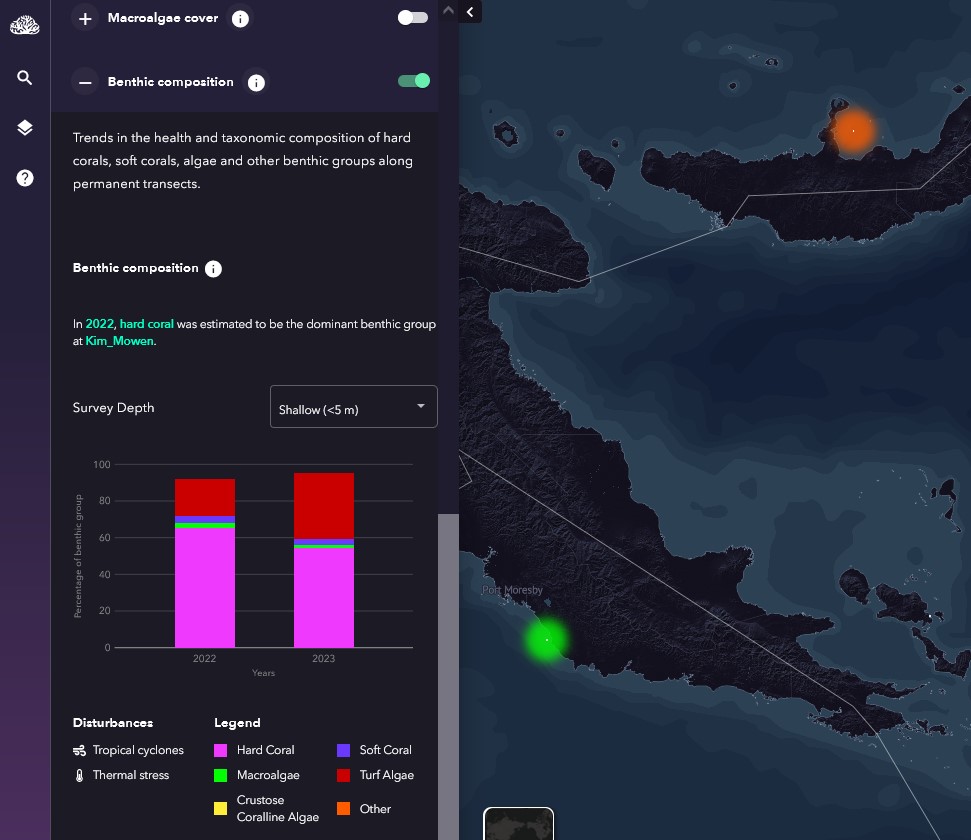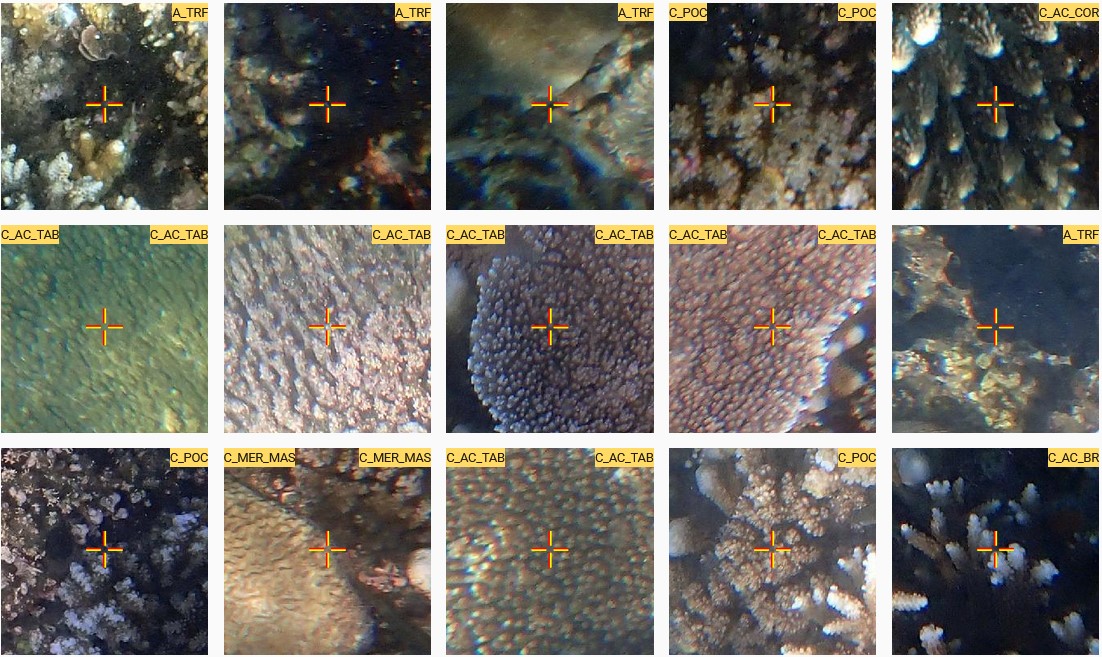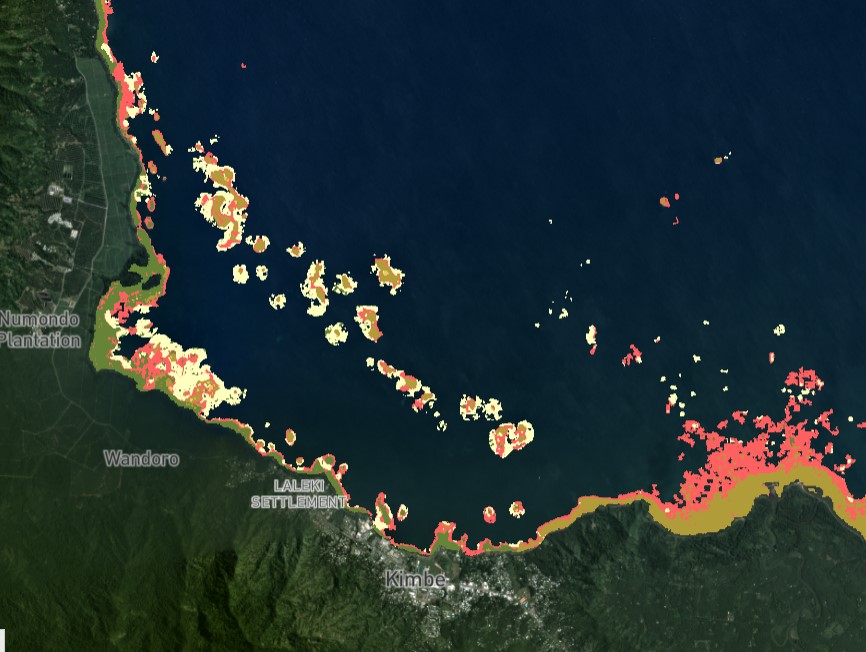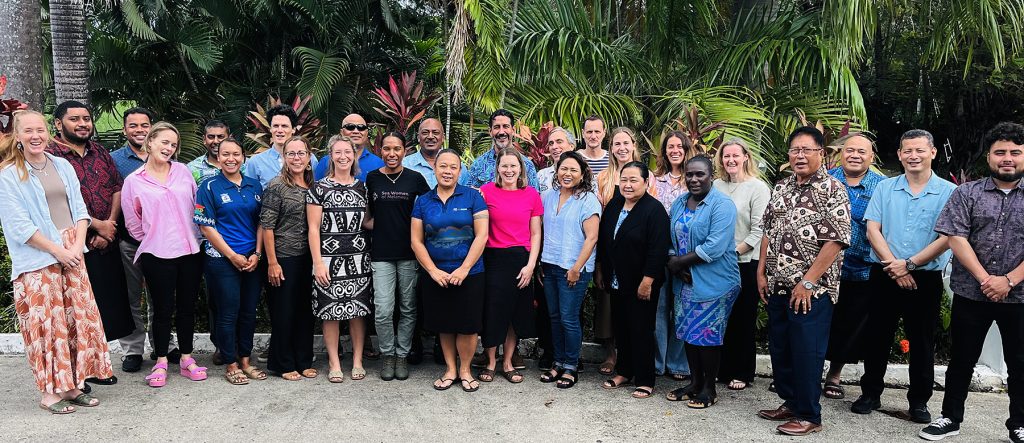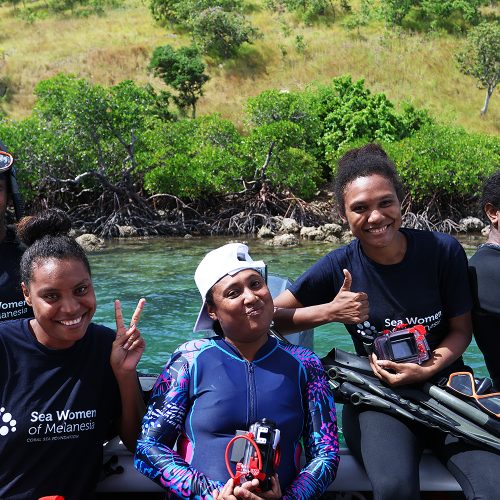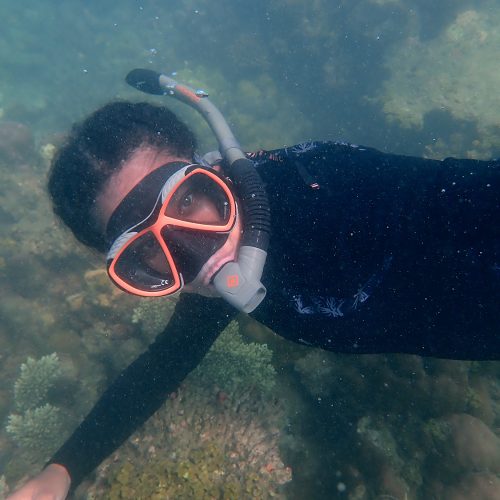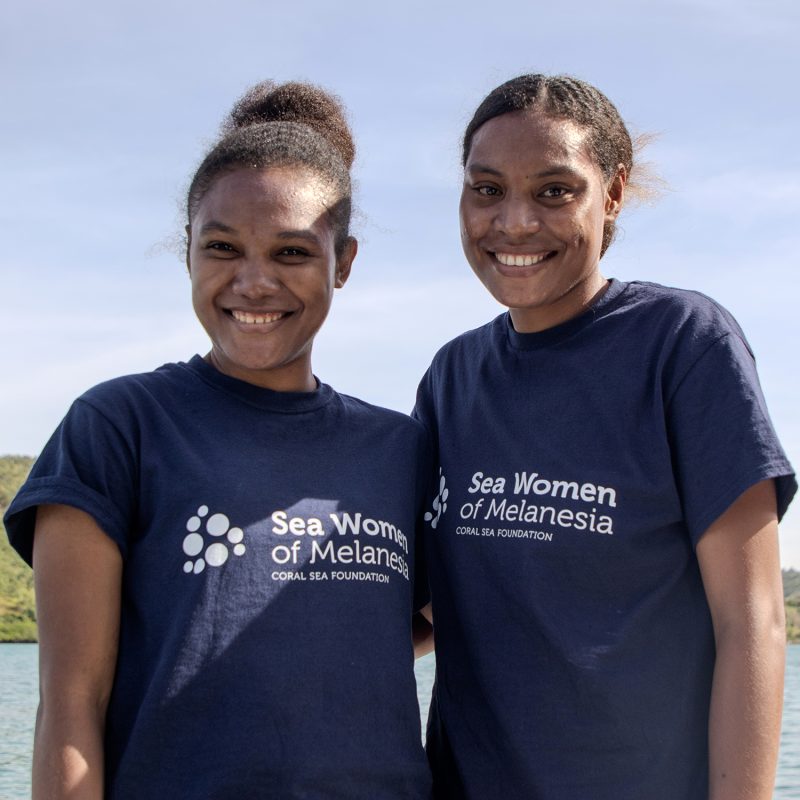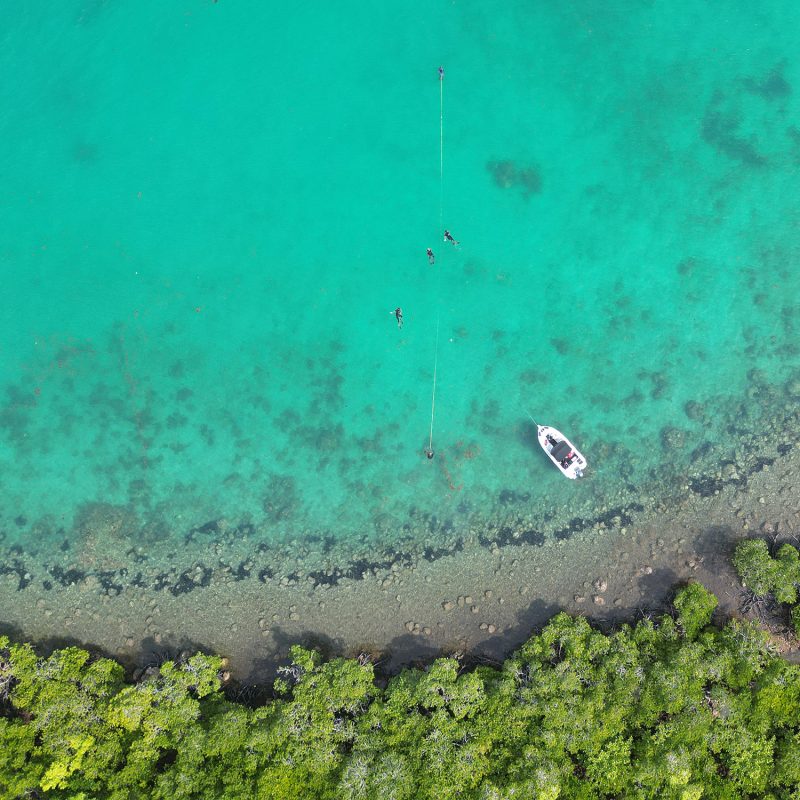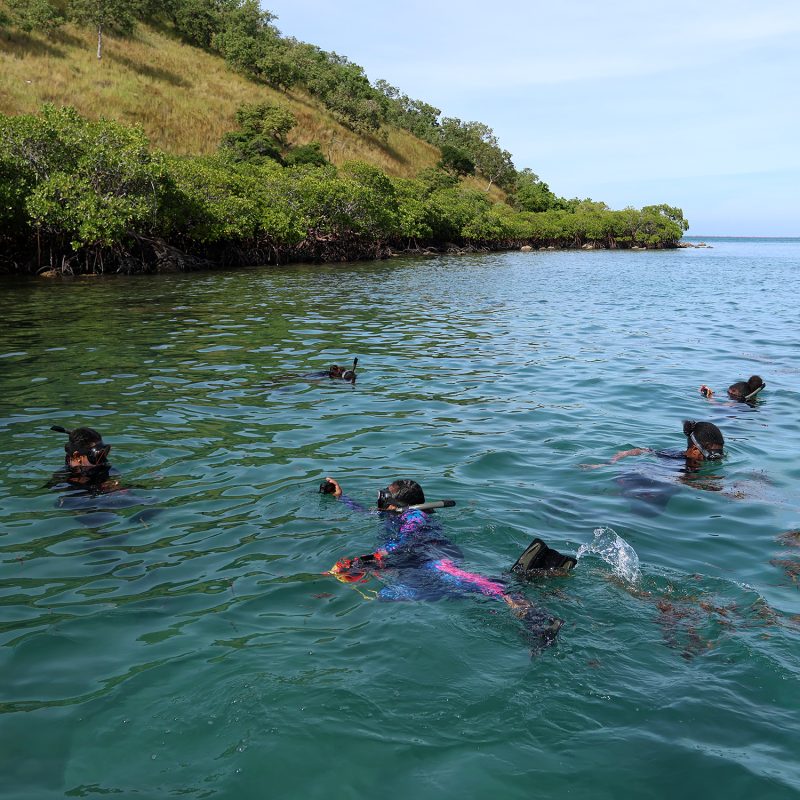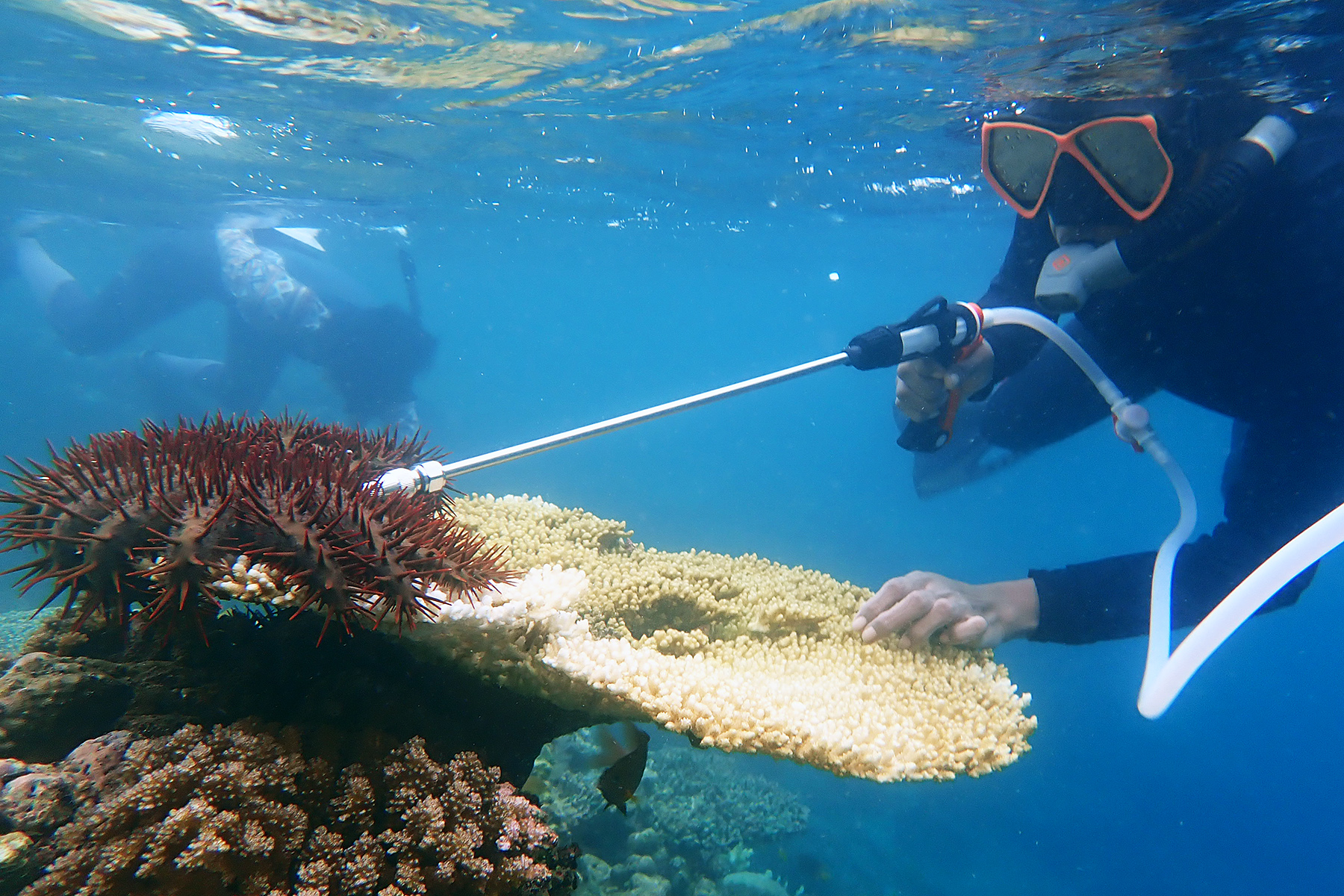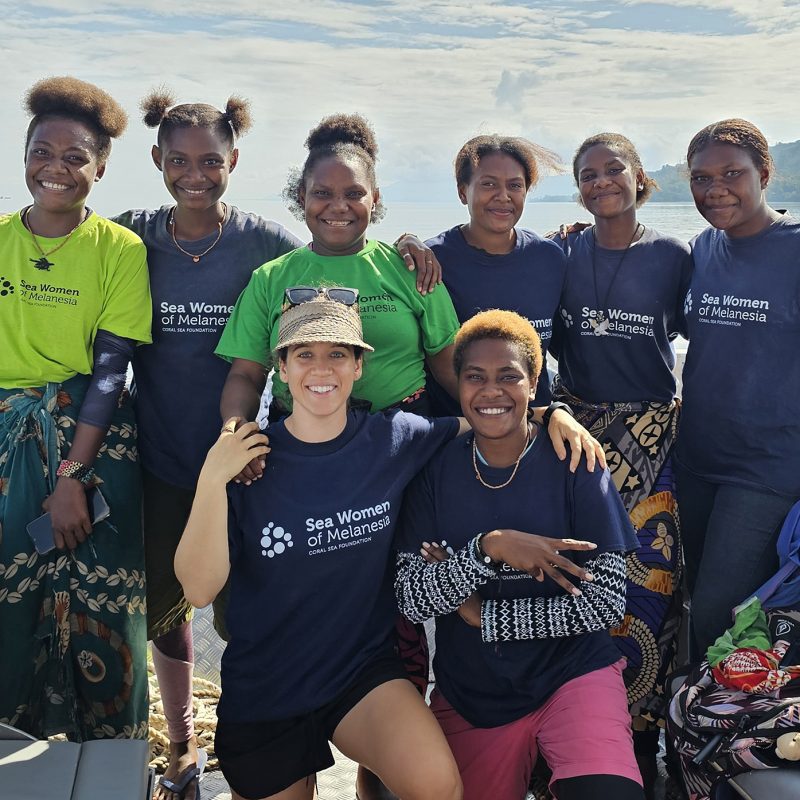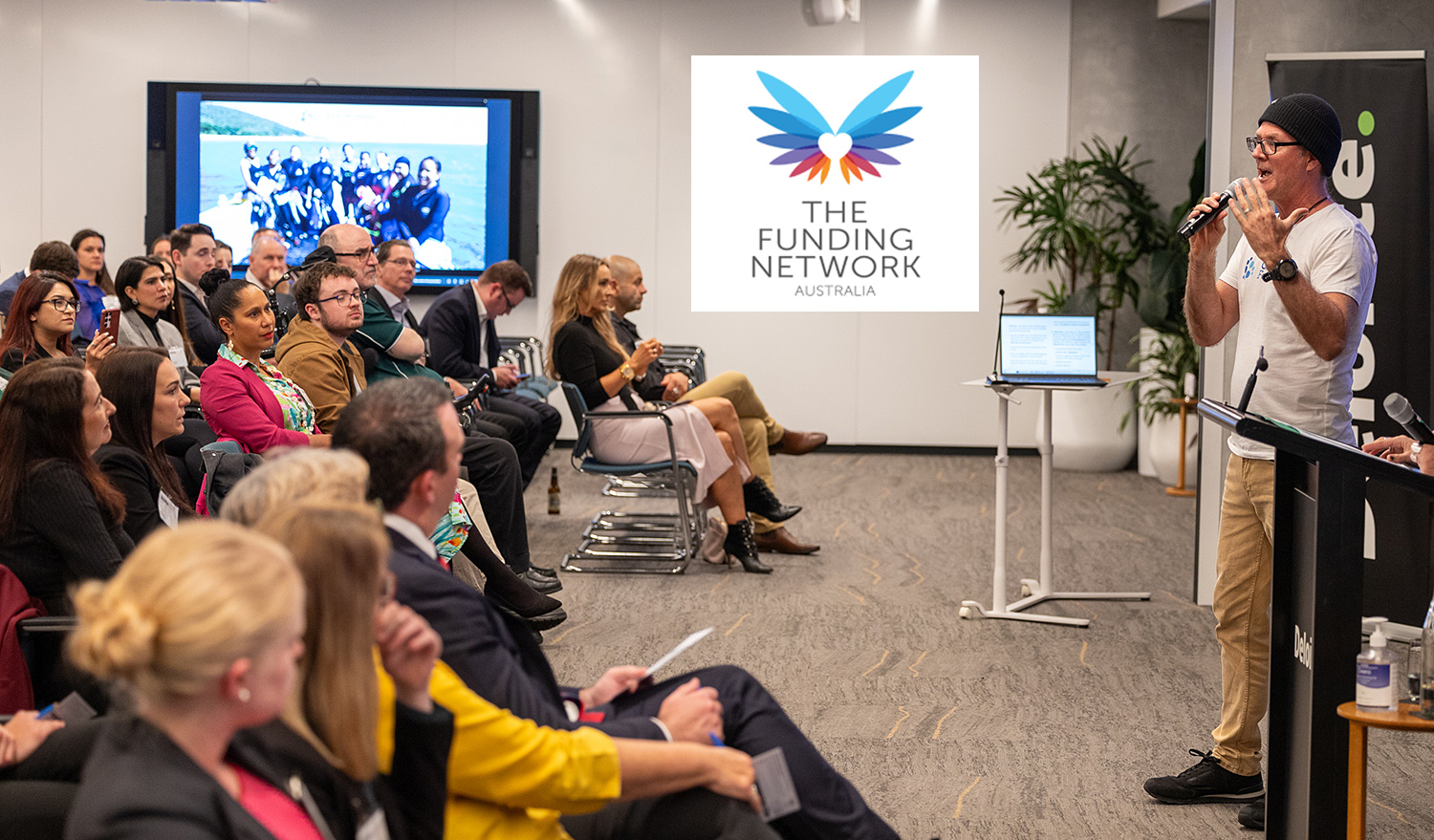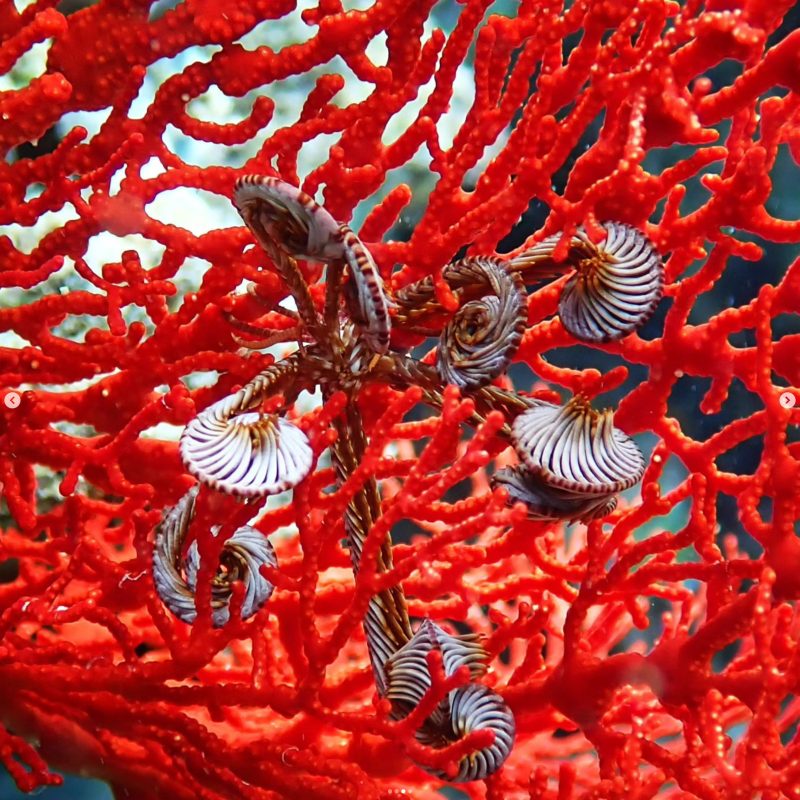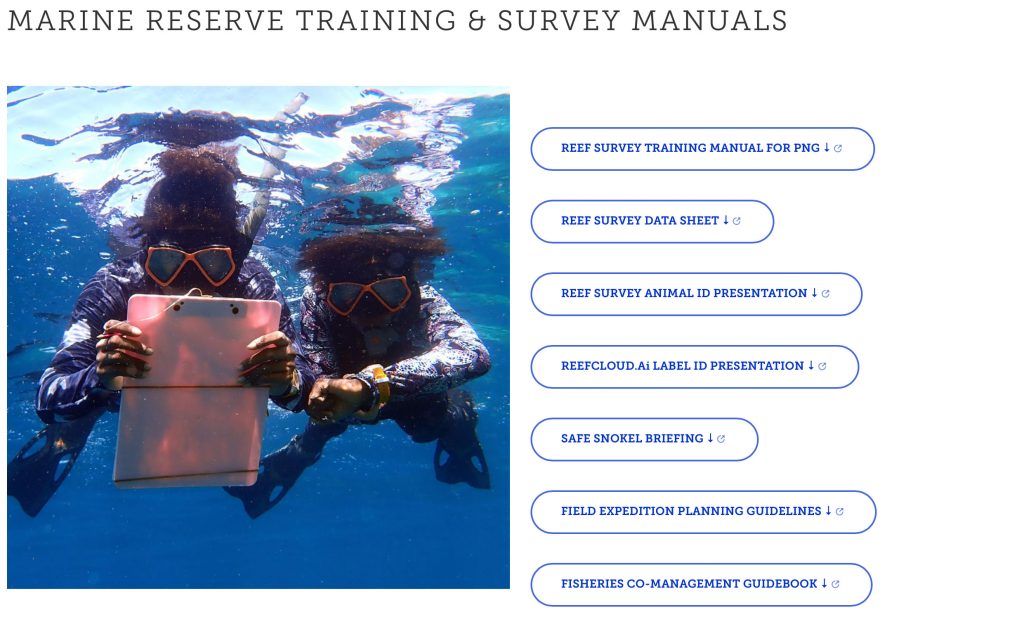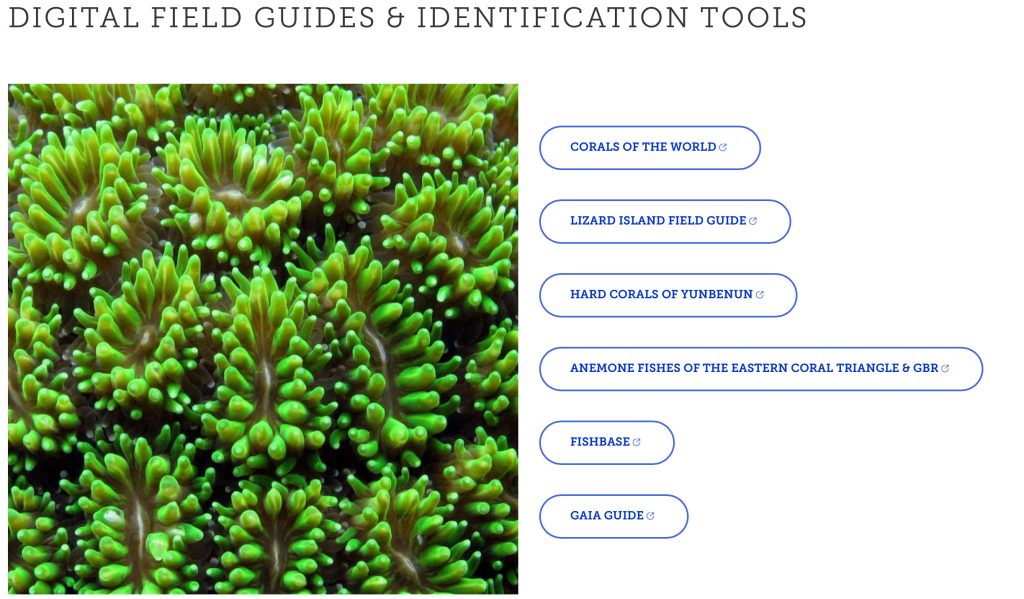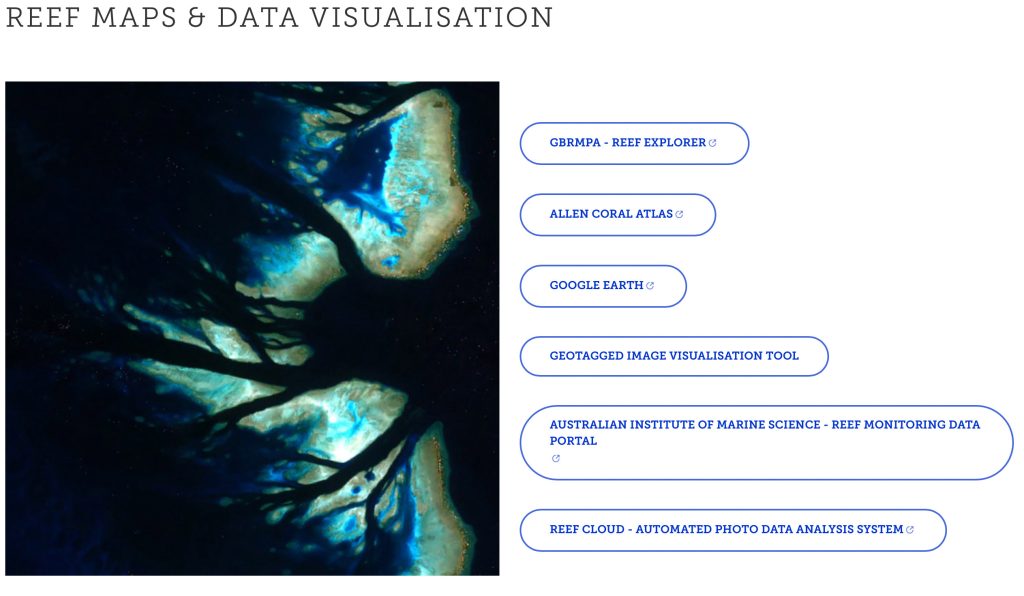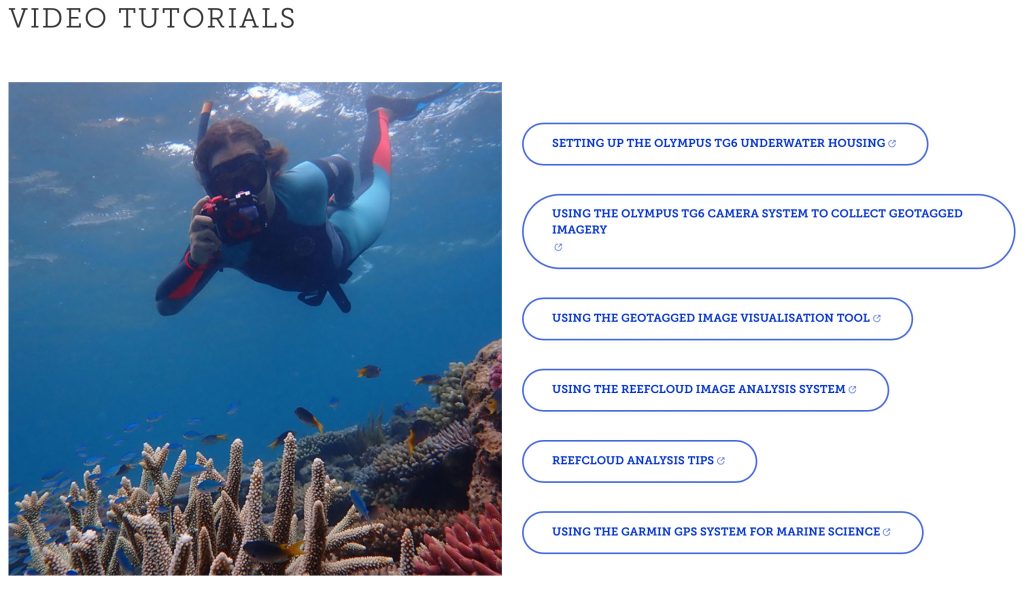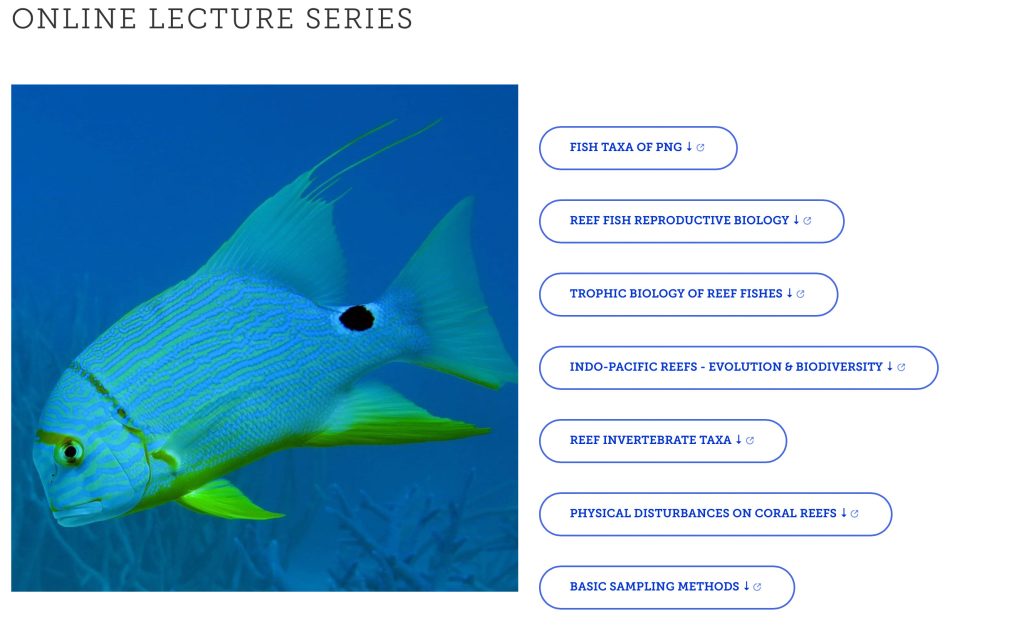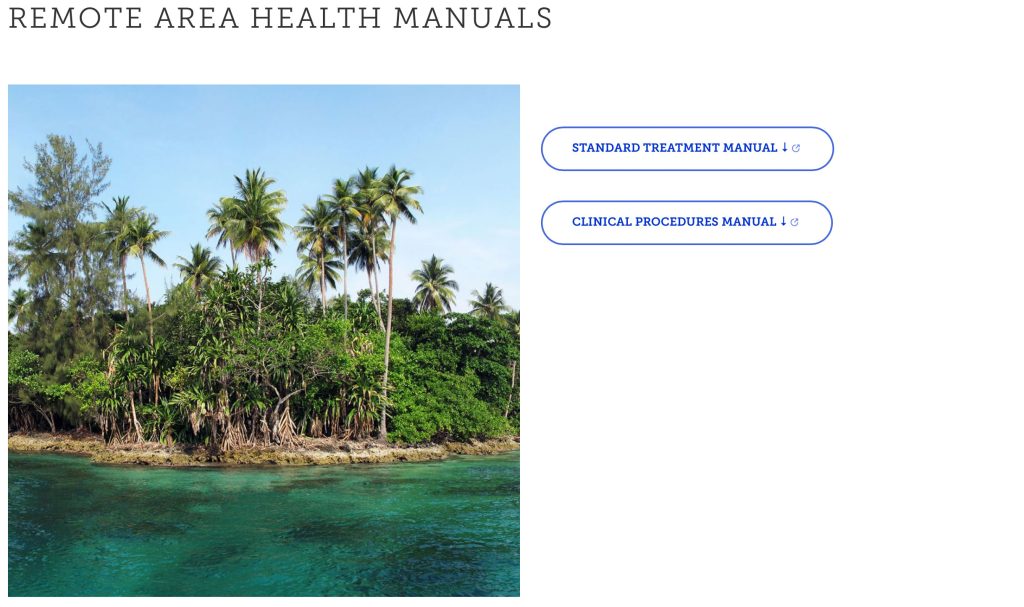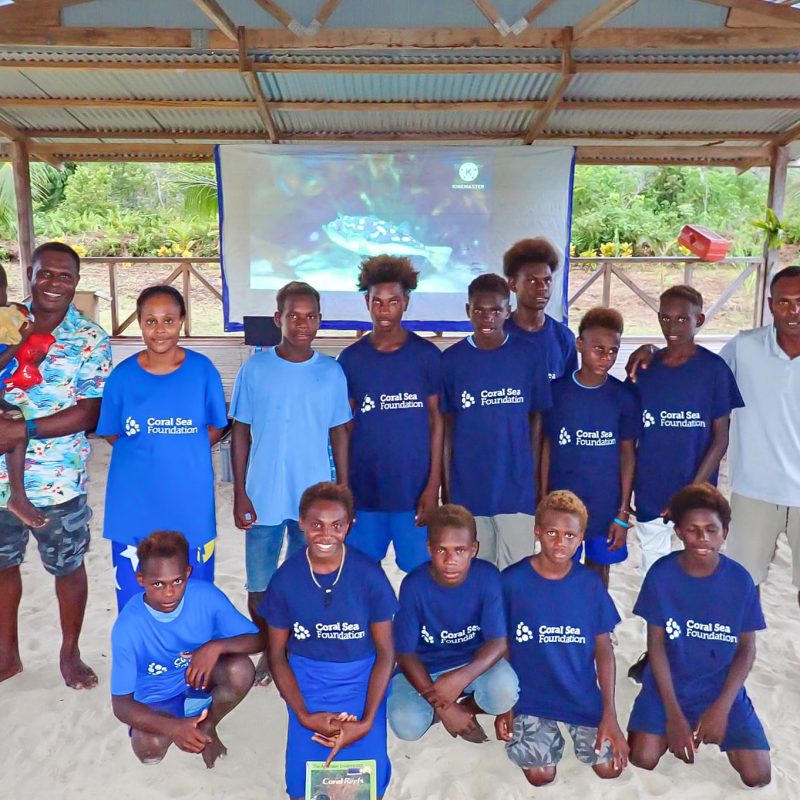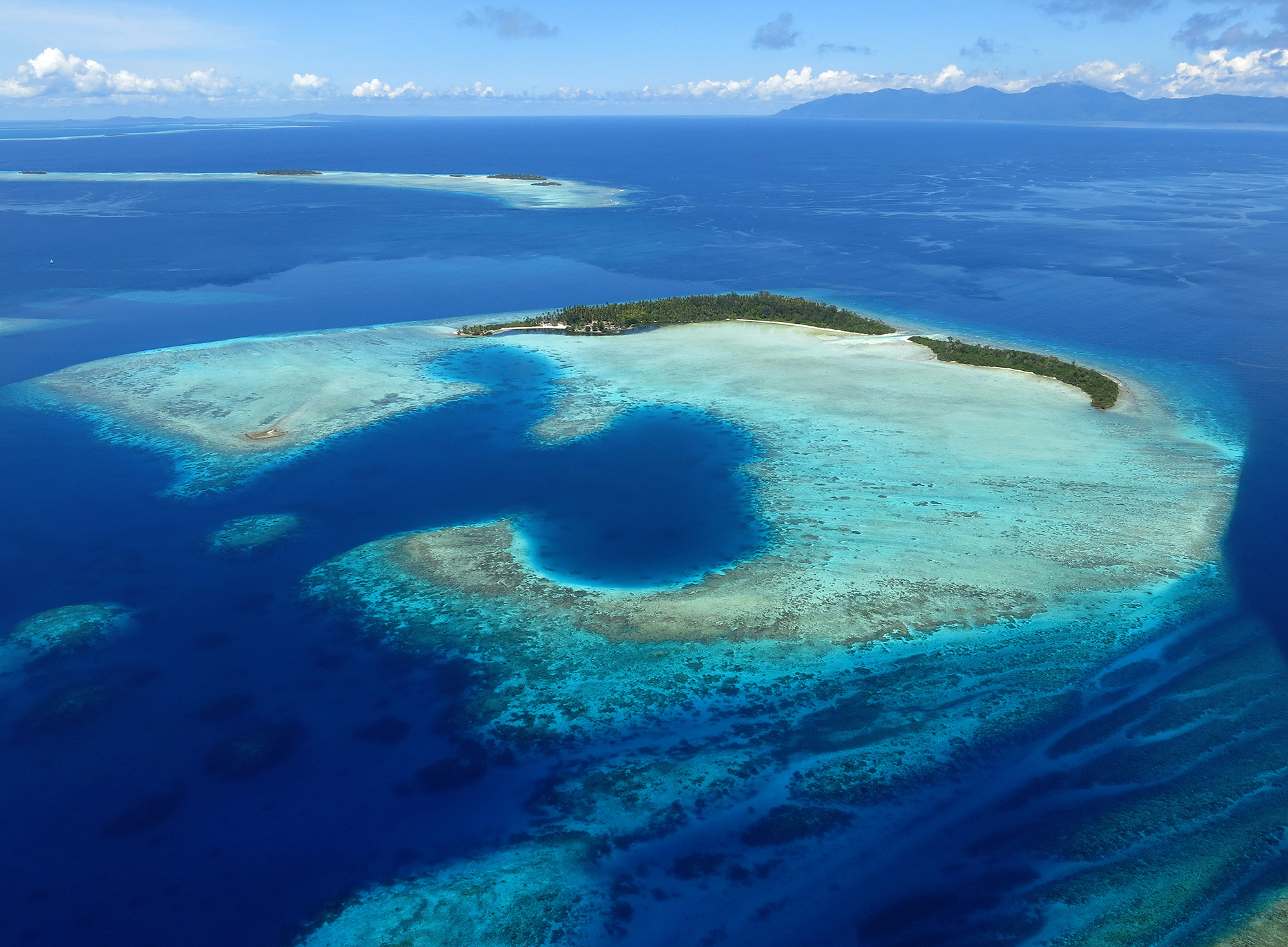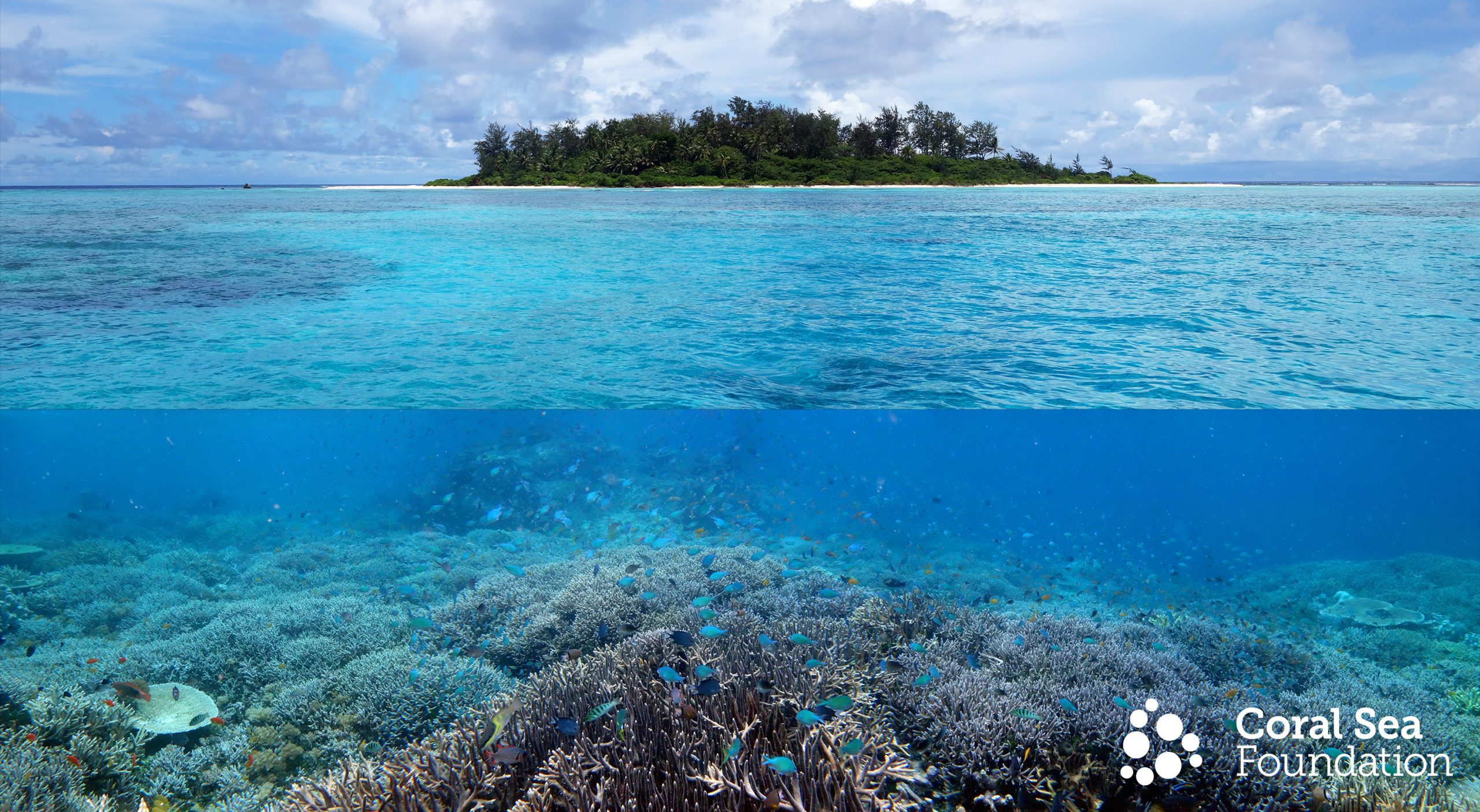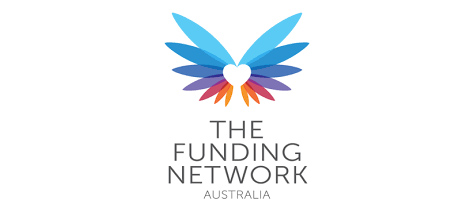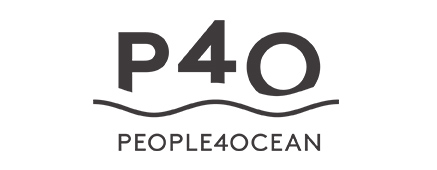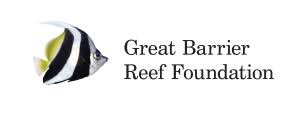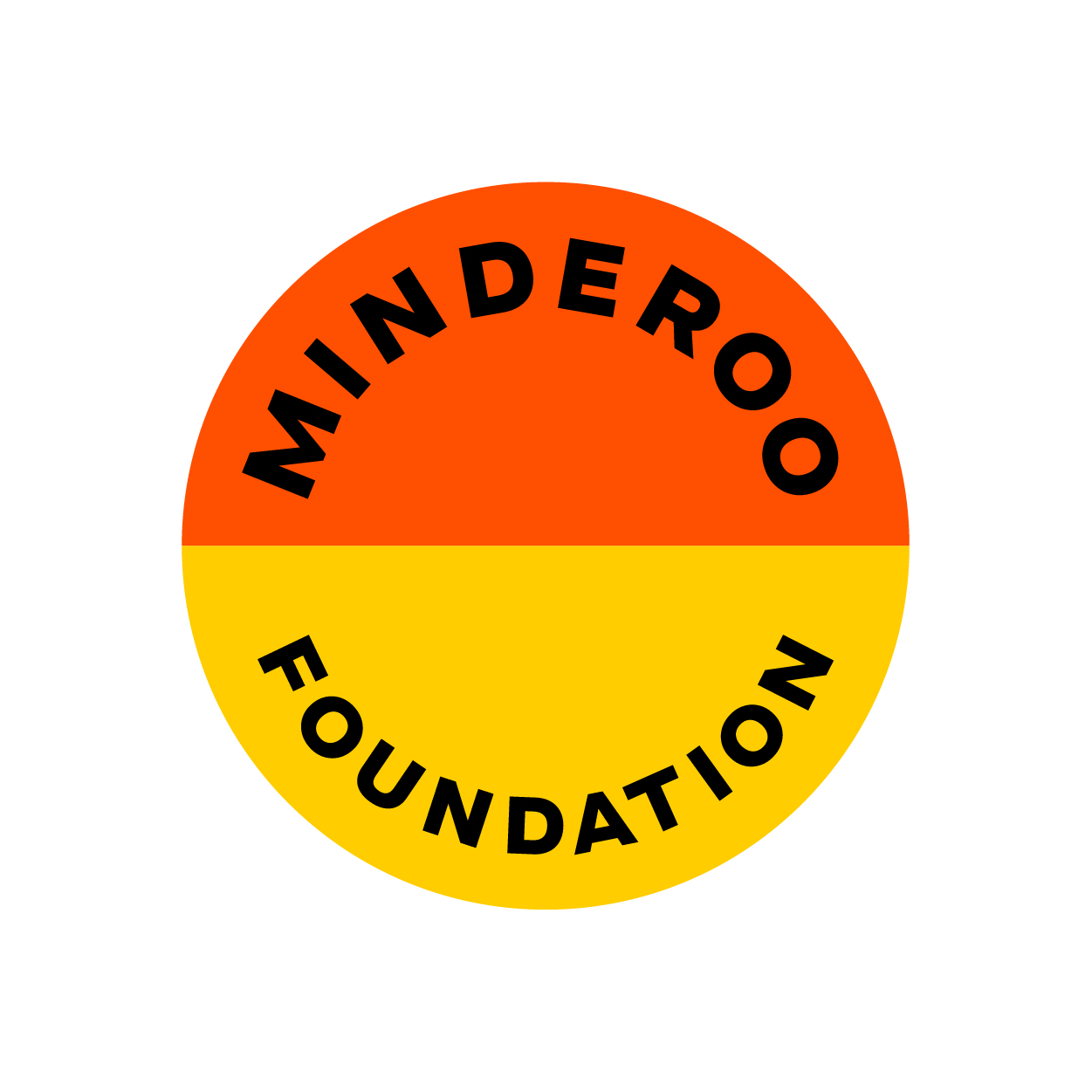CORAL SEA NEWS – JUNE 2024
Dear members, supporters, and friends of the Coral Sea Foundation, welcome to the latest edition of Coral Sea News! We are excited to share some of the highlights of our marine conservation work around the Great Barrier Reef and Papua New Guinea over the first half of 2024.
Sea Women of Melanesia Director Naomi Longa Wins the Whitley Award!
Early in May, Naomi Longa, Director of Sea Women of Melanesia, traveled to London to receive the prestigious Whitley Award 2024 from Her Royal Highness Princess Anne.
Naomi’s award reflects the collaborative efforts of the Sea Women of Melanesia (SWoM) team and their commitment to marine conservation in the Kimbe Bay biodiversity hot spot. Together, they are helping local communities to create Locally Managed Marine Areas (LMMAs) that enhance biodiversity and support sustainable fisheries, as well as contributing vital monitoring data on the status of these reefs.
The Sea Women of Melanesia were chosen from a pool of hundreds of applications. This award is highly significant, not only for the organization, but for the nation of Papua New Guinea, highlighting their marine conservation work on the international stage. Naomi’s achievement is a testament to the power of teamwork and dedication in marine conservation. It reminds us of the impact individuals and organizations can have when united for a common goal.
The SWoM team expresses sincere thanks to the Whitley Fund for Nature, Her Royal Highness Princess Anne, Sir David Attenborough, and all the delegates who attended the award ceremony.
Sir David Attenborough narrates a new Sea Women of Melanesia video!
Adding to the excitement, Sir David Attenborough lent his legendary narration to the Whitley Award video showcasing the work of Naomi Longa and the Kimbe Sea Women of Melanesia team. Sir David, now 98 years old, is a patron of the Whitley Fund for Nature and a globally recognised conservation icon with a long history of involvement with Papua New Guinea, and we are both honoured and thrilled to have his well-known voice on the new video.
His involvement with the Sea Women of Melanesia Kimbe project will significantly expand the reach and influence of our efforts to preserve reef ecosystems and promote their sustainable management. View the video here!
The Sea Women of Melanesia Inc. is an independent not-for-profit organization with all female Indigenous Directors, fully registered and incorporated in Papua New Guinea.
The organisation evolved from the Coral Sea Foundation’s Sea Women of Melanesia training program, which commenced in 2018. It has been fantastic to see the growth of the organisation and the significant marine conservation results that the ladies have been getting in several different provinces of Papua New Guinea.
In just 5 years, the Sea Women of Melanesia have established 3 regional offices, developed partnerships with several national institutions, secured multi-year corporate and philanthropic funding, participated in international reef monitoring workshops, and conducted reef survey and marine protected area advocacy work in scores of different locations around the country.
This would be impressive enough in a first-world country, but bear in mind PNG is one of the most challenging locations in our region in which to do marine conservation work. In their day-to-day activities, the women in the Sea Women of Melanesia team contend with frequent power blackouts, inclement monsoon weather, un-seaworthy dinghies, a strongly patriarchal society, and a high-security risk that requires armed escorts for most fieldwork. In this light, the national and international recognition that they are now receiving is richly deserved.
Sea Women of Melanesia – Reefcloud Data Goes Live on Dashboard!
We’re excited to share a major advancement in our reef monitoring efforts in Papua New Guinea: the integration of the Sea Women of Melanesia (SWoM) reef survey data onto the public Reefcloud Dashboard, which is now live.
Over the last 3 years, the SWoM teams have collected and contributed more than 5,000 images to ReefCloud from 62 sites around PNG, and this is the most comprehensive dataset we have on the current conditions of the reefs in this critically important part of the Coral Triangle. Thanks to our partners at the Australian Institute of Marine Science, the SWoM data is now live on the dashboard for all the world to see!
The innovative ReefCloud.Ai image analysis application and the ReefCloud Dashboard now offer reef managers, traditional owners, and the general public a user-friendly platform from which to assess reef health and environmental conditions. From water temperature fluctuations to coral bleaching events, users can access real-time data and historical trends, empowering them to make informed decisions for reef management and conservation.
Perhaps the most powerful aspect of ReefCloud.Ai is the speed with which survey imagery can be analysed. We recently achieved an important milestone – a 12-hour turnaround for assessing coral cover and reef composition from a reef survey!
Our SWoM Kimbe team departed the dock at 7 am and returned at 11 am with over 500 images from the Pelelua Locally Managed Marine Areas (LMMA). By 3 pm, the images were uploaded to the Coral Sea Foundation cloud server, and by 3:30 pm, we had downloaded them to Australia, sorted them, and uploaded them to ReefCloud. By 7 pm, ReefCloud had analyzed all 500 images and produced accurate estimates of coral cover. In the past, this process would have taken more than a week to perform a similar analysis, so the time savings are phenomenal.
By combining the reef monitoring skills of the SWoM teams and Reefcloud’s rapid analysis capabilities, we’re re-writing the book on how Indigenous traditional owners in Papua New Guinea can understand and manage their reef resources.
Sea Women of Melanesia – ReefCloud Pacific Workshop in Fiji
Sea Women of Melanesia Director Naomi Longa recently participated in the Reefcloud Pacific Workshop in Fiji, which was facilitated by the Australian Institute of Marine Science.
This workshop brought together 36 experts in coral reef monitoring and conservation from local, regional, and global scales, to refine the objectives of the Reefcloud Pacific Project and strengthen the learning framework.
Naomi had the opportunity to learn from and collaborate with stakeholders from across the Pacific, while also sharing valuable insights into the cultural knowledge of coastal people in Papua New Guinea and the grassroots marine conservation efforts undertaken by the Sea Women of Melanesia.
Sea Women of Melanesia – Ongoing Training Programs to Build Capacity
The Sea Women of Melanesia (SWoM) has launched a series of training programs to recruit new members and expand the organization’s operational capacity across Papua New Guinea.
There is a growing demand for marine conservation support from coastal villages in PNG. Communities are increasingly recognizing the importance of establishing Locally Managed Marine Areas (LMMAs) to foster sustainable fisheries and deliver tangible benefits. SWoM plays a crucial role in helping communities survey their reefs and develop LMMA management plans.
The SWoM teams have been engaged in ongoing capacity-building training in Port Moresby, Kimbe, and Milne Bay. The most recent programs introduced SWoM members to the Olympus TG6 camera systems and provided hands-on experience with Reef Survey methods in a real ocean setting.
Through this training program, the women gain valuable experience in the type of marine conservation work that the SWoM undertakes right across Papua New Guinea, and this will help the organisation to deliver positive outcomes for our partner communities. The SWoM Capacity Building training programs will continue into 2024, with additional emphasis on expedition planning and regional team management.
Sea Women of Melanesia – (COTS) Control Program in Kimbe, PNG
GBRMPA Crown of Thorns Seastar (COTS) Control Program has been running for a number of years now with great success, using teams of divers to inject the coral predators with vinegar, which kills them almost instantly. With hundreds of thousands of COTS eliminated, we now have good scientific data on the effort required to suppress outbreaks and save the ecologically important large breeding corals on the reef.
The economic case is also compelling – it is about 500 times more cost-effective to save mature corals by culling than it is to try and “restore” damaged reefs using farmed coral fragments. We knew from the SWoM team’s monitoring data that COTS was still active in Kimbe Bay, so the Coral Sea Foundation purchased three commercial Control kits from AMPTO in Cairns and had them shipped to Kimbe aboard the vessel Ultimate One from Baia Sportsfishing Lodge.
In April 2024, the SWoM Kimbe team visited Buluma village, one of our partner communities, to distribute Days for Girls sustainable period pad kits. This act of support extends beyond conservation, promoting the well-being of local communities. We invite you to contribute to our cause and support future visits to women on remote islands by donating. Your generosity helps us continue this vital work and extend our reach.
Following this, they headed to the Pelelua Reefs to conduct vital reef surveys and address the spread of COTS. Equipped with digital cameras, the SWoM team captured over 500 survey images across 7 reefs, providing crucial data on reef health, and executed an eradication mission and culled an impressive 802 starfish. Considering that each starfish consumes about one coral per day, the efforts of the SWoM team have safeguarded several thousand corals from being consumed in the upcoming weeks.
This initiative is geared towards preserving mature corals, crucial for contributing larvae to the natural replenishment and recovery process on the reefs of the Kimbe Bay biodiversity hotspot. These achievements underscore the importance of regular coral reef monitoring, and the Coral Sea Foundation takes pride in supporting the SWoM teams who play a leading role in this crucial work across multiple locations in Papua New Guinea within the Coral Triangle biodiversity area.
If you wish to support the active coral-saving efforts by the Indigenous women of Kimbe, please consider donating.
As we continue our mission to raise awareness of the value of the Great Barrier Reef and the wider Coral Sea arc, we invite you to join us in making a difference. Your donation will enable us to expand our training programs and empower more Indigenous women to become involved in marine conservation and caring for their sea country.
Coral Sea Foundation – Offset Your Taxes and Save Our Oceans!
We’re thrilled to announce a game-changing update from the Coral Sea Foundation: we’ve just been granted Deductible Gift Recipient (DGR-1) status! This means your support now goes even further. And here’s the best part: with the end of the taxable year fast approaching, there’s no better time to make a difference.
By donating now, you not only support our ongoing initiatives in coral reef conservation but also offset your tax. Imagine: protecting our oceans while lightening your tax burden – it’s a win-win!
Your continued support holds immense value, driving scientific research, community engagement, and conservation efforts in the Coral Sea triangle. Don’t wait – every dollar counts, now more than ever.
Donate now and be a part of something truly significant!
Coral Sea Foundation Reef Monitoring Update: Cyclone Kirrily & Magnetic Island
On January 25th, 2024, Cyclone Kirrily swept across Magnetic Island, leaving patchy damage in its wake. From small-scale impacts within the reefscape to larger-scale damage spanning entire bays, the cyclone’s effects were evident across the island.
The Coral Sea Foundation team conducted surveys at various sites around Magnetic Island following Cyclone Kirrily’s passage. From Arthur Bay to Nelly Bay, Fish Cove, and Whitfield Cove, we observed both the damage wrought by the cyclone and signs of resilience within the coral communities.
Despite the extensive damage, there are signs of hope. Coral reefs, having evolved over millions of years, possess a natural resilience to such disturbances. The survivors amidst the rubble offer valuable insights into the dynamics of reef recovery.
Using ReefCloud, an automated system for analysing digital reef survey imagery, developed by the Australian Institute of Marine Science, enabled us to gather and process data efficiently, providing crucial insights into the health and recovery of the reefs.
As we witness the ongoing recovery of Magnetic Island’s reefs, it’s essential to recognize the broader context of climate change and its implications for coral ecosystems. While challenges lie ahead, proactive measures such as marine protected areas and water quality management can enhance reef resilience in the face of future disturbances.
The story of Cyclone Kirrily’s impact on Magnetic Island’s coral reefs is one of resilience, adaptation, and scientific inquiry. By understanding and responding to the challenges posed by natural disasters and climate change, we can work towards a brighter future for these precious ecosystems.
Coral Sea Foundation – Online Educational Resources & Research Opportunities
The Educational Resources section of our website now has a comprehensive package of digital assets, dedicated to supporting marine science and coral reef conservation work around our region.
These resources are open-source and free to use; in particular, they offer Indigenous reef owners the tools they need to advance reef survey and monitoring work on sea country.
The Coral Sea Foundation Training manuals and supporting videos for our reef survey methods are also freely available, along with digital field guides, satellite mapping apps, and marine science presentations. Our ReefCloud Label ID Guide and our tutorial videos also offer straightforward, step-by-step instructions to help you use the ReefCloud.Ai platform.
Contribute to Reef Monitoring
The Coral Sea Foundation Magnetic Island Reef Monitoring Project provides a framework that allows anybody with an underwater camera to contribute scientifically useful information on the status of the reefs around the island.
Time-series images of the same piece of reef are a very powerful tool to convey information about reef dynamics, and from a scientific point of view, they are essential in making accurate assessments of reef conditions. GPS and geotagging digital camera technology now make it very easy to relocate and re-photograph reef sites in a non-intrusive way that does not damage the reef surface.
It is particularly easy to photograph the same site if distinct natural features, such as massive coral rocks, are used to identify the survey area. We have discovered and mapped a network of these natural features at a series of 13 sites, right around the island, wherever reefs are growing. Now we would like you to help us by using your camera to continue the monitoring work!
This will provide valuable reef condition information to the island community, the traditional owners, and management agencies, as well as provide an ongoing framework for citizen scientists to participate directly in the collection of photo-monitoring data around Magnetic Island, one of the most accessible reefs on the Great Barrier Reef.
For more information visit our Magnetic Island Reef Monitoring Project page, which includes links to our survey methods and site locations.
Coral Sea Foundation – Empowering Indigenous Leadership for Marine Conservation in the Coral Triangle.
The Coral Sea Foundation proudly supports exceptional Indigenous leaders like Mr. Clem Anton, who has been inspiring his community to embrace sustainable ecotourism and marine conservation initiatives for over two decades. Now, he’s taking his leadership to the next level by curating and delivering reef survey training for the youth at Tunnung Island School.
With mentorship from the Coral Sea Foundation, Clem is teaching students how to conduct geotagged reef surveys, identify and remove predatory Crown of Thorns seastars, and foster a deeper appreciation for their sea country.
Under Clem’s guidance, the Tunnung community has become a model for blending unique tropical homestay experiences with marine protected area management, education, and support for visiting expedition vessels and superyachts. It represents a viable conservation model for Melanesia, provided essential ingredients like leadership and security are met. Clem and his team exemplify how this should be achieved.
You can contribute to Clem and the Tunnung community’s efforts by donating. Join us in supporting Indigenous leadership and marine conservation in the Coral Triangle.
Coral Sea Foundation is Charting a Course for Change: Partner with Us!
The Coral Sea Foundation is an Australian registered not-for-profit organisation, and we offer our donors and corporate and philanthropic partners a modern and innovative platform through which to advance practical, science-based marine conservation action throughout our region.
Whether it be supporting our award-winning Sea Women training programs, helping expand our technologically advanced Reef Monitoring work for Indigenous traditional owners, or boosting the geographic scope of our activities through investing in our Vessel Development Project, we welcome all donations and expressions of interest from potential partners.
Aligning with the Coral Sea Foundation means more than just supporting a sustainable future for our oceans; it means being a crucial advocate for a transformative change in the way we approach marine conservation. Together we can achieve our goals and steer toward a brighter, more sustainable future for our tropical seas and the people that depend on them.
Thank you!
The Coral Sea Foundation team encourages you to explore the different sections of our website to learn more about our initiatives and actively engage in our conservation efforts. Please don’t hesitate to reach out to us with any questions or inquiries. We look forward to hearing from you!

